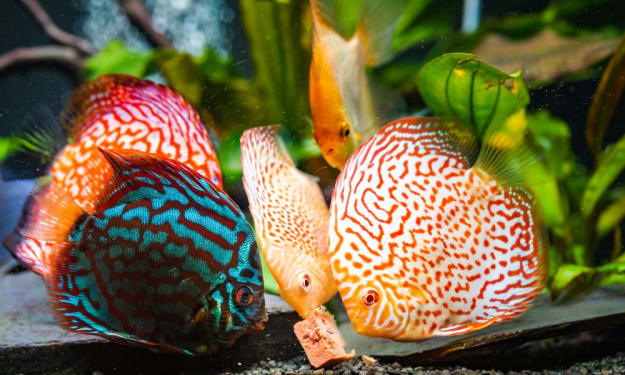Is there a disease that makes us love cats?
The Mysterious Love for Cats: Toxoplasmosis and You
Is there a disease that makes us love cats, and do you have it? Maybe, and it's more likely than you'd think. We're talking about toxoplasmosis, a disease caused by toxoplasma gondii. Like all parasites, toxoplasma lives at the expense of its host, and needs its host to produce offspring. To do that, toxo orchestrates a brain manipulation scheme involving cats, their rodent prey, and virtually all other birds and mammals, including humans. Documented human infections go as far back as ancient Egypt. We found samples in mummies. Today, about a third of the world's population is infected, and most of them never even know it. In healthy people, symptoms often don't show up at all. When they do, they're mild and flu-like. But those are just the physical symptoms. Toxoplasma also nestles into our brains and meddles with our behavior behind the scenes. To understand why, let's take a look at the parasite's life cycle. While the parasite can multiply in practically any host, it can only reproduce sexually in the intestines of cats. The offspring, called oocysts, are shed in the cat's feces. A single cat can shed up to a hundred million oocysts. If another animal, like a mouse, accidentally ingests them, they'll invade the mouse's tissues and mature to form tissue cysts. If the mouse gets eaten by a cat, the tissue cysts become active and release offspring that mate to form new oocysts, completing the cycle. But there's a problem. A mouse's natural desire to avoid a cat makes it tough to close this loop. Toxoplasma has a solution for that. The parasites invade white blood cells to hitch a ride to the brain where they seem to override the innate fear of predators. Infected rodents are more reckless and have slower reaction times. Strangest of all, they're actually attracted to feline urine, which probably makes them more likely to cross paths with a cat and help the parasite complete its life cycle. How does the parasite pull this off? Although the exact mechanism isn't known, toxo appears to increase dopamine, a brain neurotransmitter that is involved in novelty-seeking behavior. Thus, one idea is that toxo tinkers with neurotransmitters, the chemical signals that modulate emotions. The result? Fatal attraction. But mice aren't the only animals that end up with these parasites, and that's where humans, and all of toxo's other hosts, come in. We can accidentally ingest oocysts in contaminated water, or unwashed produce, or from playing in sandboxes, or cleaning out litter boxes. This is behind the common recommendation that pregnant women not change cat litter. Toxo can cause serious birth defects. We can also get toxo from eating undercooked meat from other animals that picked up some oocysts. And it turns out that toxo can mess with our brains, too. Studies have found connections between toxo and schizophrenia, biopolar disorder, obsessive compulsive disorder, and aggression. It also slows reactions and decreases concentration, which may be why one study found that people involved in traffic accidents were almost three times more likely to have toxoplasma. So is toxo manipulating our brains as an evolutionary strategy to get predatory cats to eat us? Or are our brains just similar enough to a rodent's that the same neurological tricks that lure them in catch us in the net, too? And is toxo the reason so many people love cats and keep them as pets? Well, the jury's still out on that one. Some recent studies even contradict the idea. Regardless, toxoplasma has definitely benefited from humans to become one of the world's most successful parasites. It's not just our willingness to let cats on our dining room tables or in our beds. Raising livestock and building cities which attract rodents has provided billions of new hosts, and you and your cat may be two of them.
Unlocking the Secrets Within
While the notion of a disease shaping our love for cats may seem like something out of a science fiction novel, the reality of toxoplasmosis and its intriguing effects on human behavior reminds us of the boundless mysteries that unfold within the intricate workings of the natural world.
A Tale of Intrigue and Discovery
In the realm of toxoplasmosis and its potential impact on our fondness for cats, the journey of exploration continues. As we navigate the twists and turns of this captivating narrative, one thing remains certain - the allure of the unknown keeps us intrigued, seeking answers to the mysteries that lie within.
Unravel the enigmatic connection between toxoplasmosis and our love for cats, and embark on a journey of discovery unlike any other.
About the Creator
Enjoyed the story? Support the Creator.
Subscribe for free to receive all their stories in your feed. You could also pledge your support or give them a one-off tip, letting them know you appreciate their work.







Comments
There are no comments for this story
Be the first to respond and start the conversation.